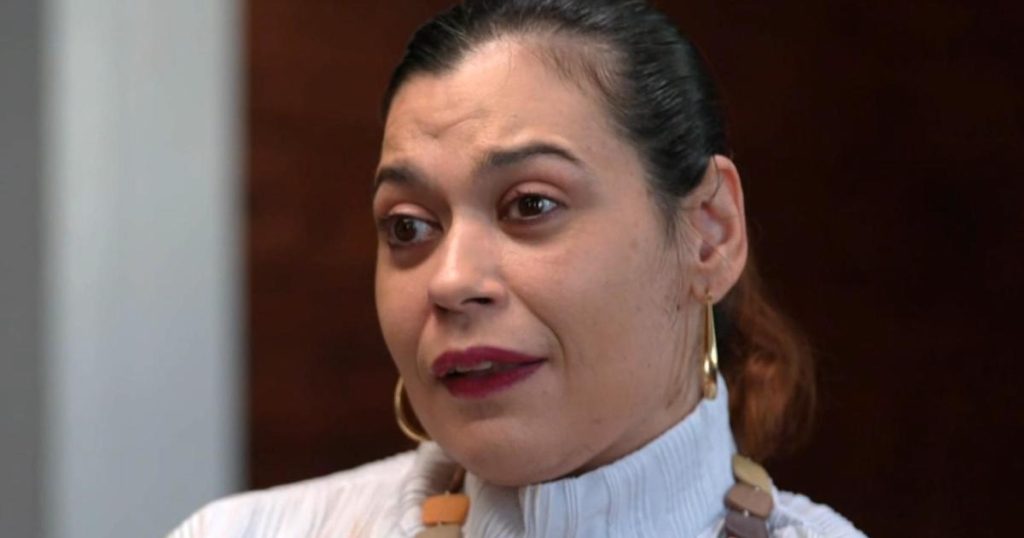New laws aimed at protecting the 2024 presidential election from fraud are creating barriers for voters with disabilities. Restrictions in over 20 states limit assistance with mail-in ballots, threatening criminal charges for aides who help too many people. The laws came after Trump’s questioning of mail-in voting security. A Rutgers study found a 5.1% increase in voters with disabilities eligible to vote in 2020, with 7.1 million in battleground states. This highlights potential impacts of restrictive mail-in voting laws on the upcoming election.
Louisiana is one state facing challenges due to these new laws. Governor Jeff Landry signed laws aimed at increasing election integrity, restricting assistance with absentee ballots to immediate family members. This puts caregivers and staff at risk of criminal charges for helping too many people with their ballots. Disability Rights Louisiana highlighted the impact on voters with disabilities, like policy analyst Ashley Volion, who relies on caregivers due to cerebral palsy. The laws could prevent many residents from accessing assistance to ensure their vote counts.
In nursing homes, federal and state protections ensure residents can receive assistance with their ballots. However, non-nursing home long-term care facilities are not eligible for this service, leaving over 1,300 facilities in Louisiana to find alternatives. Disability rights attorney Andrew Bizer argues that these laws violate the Voting Rights Act, which allows individuals with disabilities to choose their own assistants. He is representing Volion and Disability Rights Louisiana in a lawsuit against the Louisiana secretary of state and attorney general for these restrictions.
The laws aim to prevent ballot harvesting, but critics argue that they restrict voter rights and create unnecessary hardships for those who need assistance in voting. Louisiana Secretary of State Nancy Landry defended the laws, claiming they protect election integrity by preventing fraud. Despite three instances of voter fraud in Louisiana since 2016, advocates argue that these laws disproportionately impact voters with disabilities and caregivers who assist them. The lack of response from Secretary Landry’s office leaves questions unanswered about the rationale behind these laws.
The restrictions on assistance with mail-in ballots pose significant challenges for voters with disabilities, who rely on caregivers for essential support in their daily lives. These laws not only create barriers for voters with disabilities but also threaten criminal charges for those who provide much-needed assistance. By limiting who can help with ballots, these laws undermine the fundamental right to vote and disproportionately affect vulnerable populations. Actions like the lawsuit against the Louisiana government demonstrate the urgent need to protect the voting rights of all citizens, including those with disabilities.


